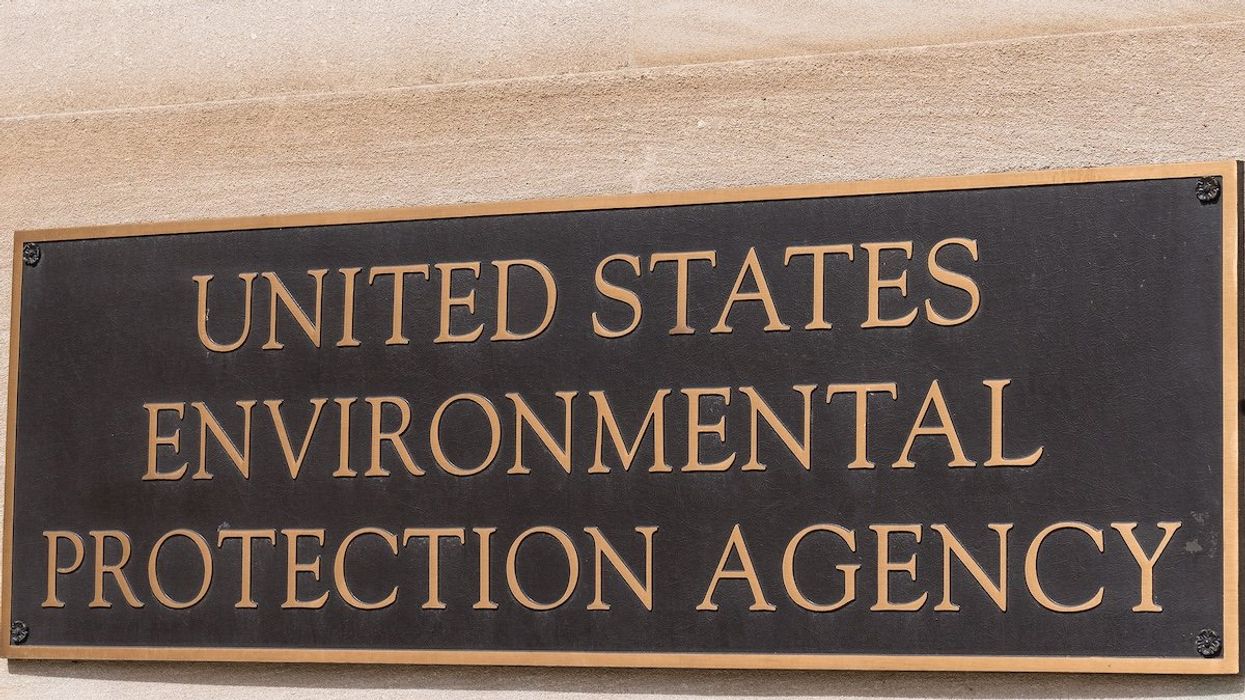Federal officials have terminated a grant that supported air pollution monitoring in north Birmingham, a predominantly Black community long burdened by industrial waste and neglect.
Lee Hedgepeth reports for Inside Climate News.
In short:
- The U.S. Environmental Protection Agency, under President Trump, ended a $75,000 air monitoring grant awarded to the Greater Birmingham Alliance to Stop Pollution (GASP), citing misalignment with agency priorities.
- The grant funded community air monitoring in north Birmingham, where pollution from shuttered coke plants has contaminated neighborhoods designated as a Superfund site.
- GASP officials say the termination reflects the administration’s rejection of environmental justice efforts and will hinder residents’ access to data on local air quality.
Key quote:
“The grant made it possible for us to monitor and document the pollution people live with everyday. Revoking this support sends a message that the health of Black, Brown, and low-income communities in Alabama is disposable.”
— Jilisa Milton, executive director of GASP
Why this matters:
Environmental health in historically marginalized communities like north Birmingham often hinges on the ability to collect and share accurate pollution data. Without it, residents cannot document ongoing exposures or advocate for cleanup and accountability. These neighborhoods — especially Black and low-income areas — have borne the brunt of industrial development and weak enforcement for decades. Revoking tools like community air monitors denies communities access to data that can drive change, leaving residents vulnerable to unchecked emissions and chronic health impacts. The loss of this grant reflects a broader rollback of federal commitments to environmental justice, threatening to widen existing disparities in health and safety.
Read more:














